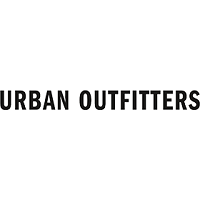
While most are aware of their classification at work as either an exempt or a non-exempt employee, many don’t know that such a classification comes as the result of a law that was passed in 1938. The law divides employees based on their income and the work that their day-to-day tasking entails. Non-exempt employees can earn overtime for working over 40 hours per week while exempt employees will draw their salary and nothing more.
The Urban Outfitters lawsuit is based on the company’s alleged wide use of the FLSA to classify its department managers as exempt employees, thus making them ineligible for overtime pay. However, based on the non-skilled nature of the work performed by an Urban Outfitters department manager; tasks which include cleaning, folding clothes, and unboxing new merchandise, very little if any of the job description has anything to do with actual management. There is no hire/fire responsibility, supervision of others, or anything involving “exercising meaningful independent judgement and discretion.”
Urban Outfitters is no stranger to controversy, both in its back office operations and the products it releases. 2017 saw the loss of its flex-time option; a benefit widely used by parents employed there. As a result of disputes in the past, the existence of an actual HR department within the transnational company has also been called into question, with more than one employee claiming that such a department does not actually exist.
The company has also been lambasted for a series of controversial retail product releases. Among them was a sweatshirt bearing the Kent State logo which appeared to be heavily stained with blood. The item was interpreted by many to evoke memories of the bloody Kent State massacre of the 1970s in which four unarmed students were shot and killed on campus by National Guard soldiers during a protest over the war in Vietnam.
Other controversial products sold by the company include a $100 t-shirt carrying a design largely reminiscent of the stars forced upon Jewish prisoners in Nazi concentration camps as well as a tapestry that bears a striking resemblance to the uniforms forced upon gay prisoners in those same camps.
